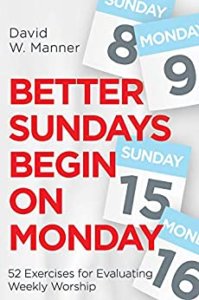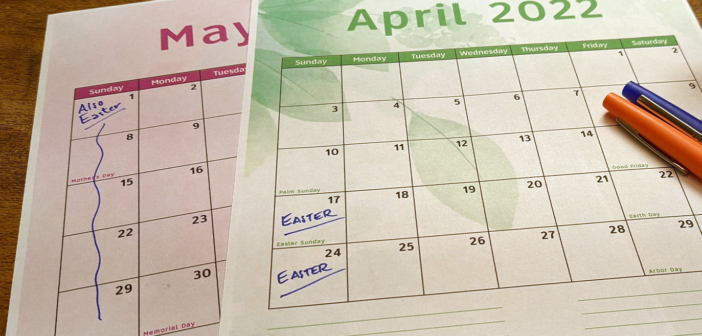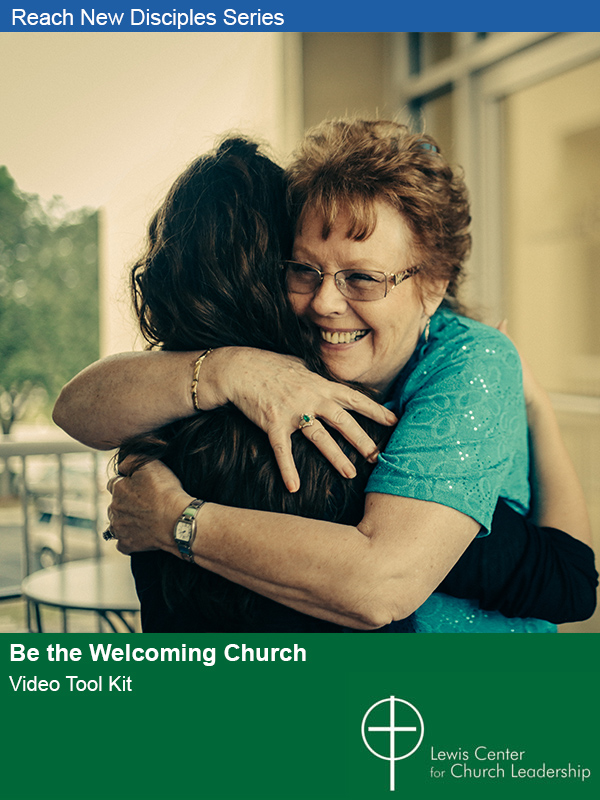David Manner says that many churches attract new attendees with the lure of Easter but then quickly leave the subject. He asks, if Easter really is the foundation of our faith, why do we limit its celebration to just one Sunday?
This article was originally published March 29, 2022.
We’ve all seen social media hyperlinks that entice readers to click on an advertisement or website by using a sensational or alluring headline. Clickbait exploits curiosity by providing just enough information to pique the interest of the reader. The main purpose of the clickbait is to attract attention, sometimes even at the expense of quality or honesty. The intent is that once visitors click on a particular site, they’ll see or experience something that causes them to stay and buy what you are promoting or selling.
Churches all over the world formulate plans for persuasive Easter worship services knowing they will potentially reach more attendees on that Sunday than on any other Sunday of the year. In an effort to entice more participation, some of the congregations plan gimmicks or hooks to get new guests in for the most meaningful day of the church year.
A loss leader is when a retail chain or business offers goods or services at a discount or below costs in order to draw consumers in. The strategy is that drawing them in will hopefully then lead them to buy additional items at a higher cost. So, when those first-time guests attend and realize that worship actually requires presenting their bodies as a living sacrifice, what methods will congregations then need to employ to keep them? In that context, “You get what you pay for” actually means that whatever you reach people with is what you will reach them to.
If churches really affirm Easter as the most important celebration of the year and the foundation of our hope for the future, then why do they limit its observance to a single Sunday? Remembering the resurrection only on Easter is like remembering your marriage only on your anniversary.
Easter in the early church was much more than a one-day event. They not only remembered and celebrated that Christ died and rose again but also remembered and celebrated that he appeared following his resurrection and that he ascended, that the Holy Spirit descended, and that Jesus promised to return.
In their great joy, the early church began celebrating with Easter and continued for 50 days. Seven weeks of remembering would allow our churches to go much deeper into the resurrection, ascension, and Pentecost instead of trying to cram it all into one Sunday so we can move on to the next sermon series. Limiting it to a single day can give the impression that its observance is routine instead of righteous, chronological instead of Christological. It can appear that we are giving lip service to the Christian calendar so we can move on to the Hallmark calendar of Mother’s Day, Graduation Sunday, and Memorial Day. Laurence Hull Stookey wrote, “The explosive force of the resurrection of the Lord is too vast to be contained within a celebration of one day.” Revisiting the mystery over an extended period of time could encourage a deeper understanding of redemption, sanctification, salvation, renewal, and victory.
For his congregation, Metropolitan Community United Methodist Church in New York City, William Marcus James (1913-2013) wrote, “Every day to us is Easter with its resurrection song. Even when life overwhelms us, Easter people sing this song.” If we are indeed Easter people, then protracting our celebration could help us remember that the transforming resurrection of the past also transforms our present and future. How could we possibly fully grasp that truth in a single day?
 This article is excerpted from Better Sundays Begin on Monday: 52 Exercises for Evaluating Weekly Worship by David W. Manner. ©2020 Abingdon Press. Used by Permissions. All rights reserved. The book is available at Cokesbury and Amazon.
This article is excerpted from Better Sundays Begin on Monday: 52 Exercises for Evaluating Weekly Worship by David W. Manner. ©2020 Abingdon Press. Used by Permissions. All rights reserved. The book is available at Cokesbury and Amazon.
Related Resources
- Should You Add Another Easter Worship Service? by Lovett H. Weems Jr.
- Palms in the Park on Palm Sunday by Laura Heikes







